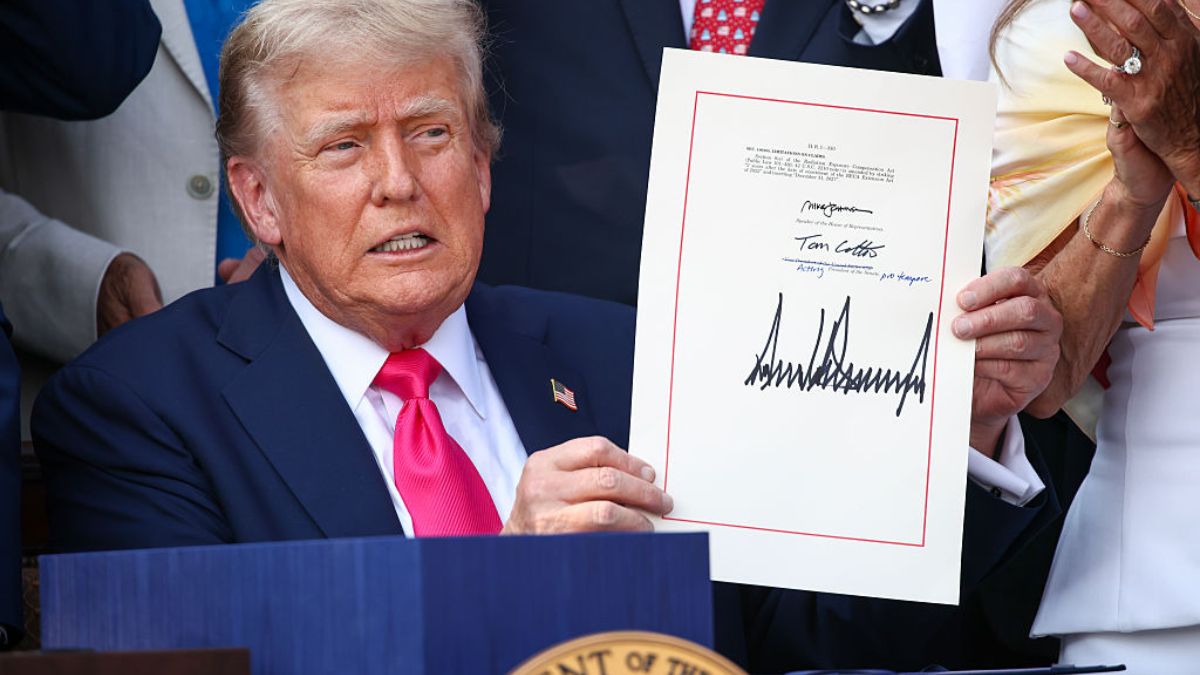
The new Republican budget law signed by President Donald Trump last week makes big changes to how states handle food assistance and health care programs. The law cuts billions in federal funding for Medicaid and SNAP (food stamps), pushing more costs onto individual states.
According to MSNBC, the changes mainly affect two major programs: Medicaid health coverage and SNAP food benefits. The law adds new work requirements for people who get these benefits in states that expanded Medicaid under the Affordable Care Act. States will now need to create new computer systems to check if people are eligible, which experts say could cause delays and leave qualified families without help.
By refusing to uphold their end of the social safety net, Trump and congressional Republicans have left it to states to somehow keep that net taut. The new rules mean states will have to spend more money and add more paperwork to run these programs, while also being responsible if mistakes happen. States could end up paying between 5% and 25% of their total SNAP costs if they make errors in payments.
States face severe budget problems under new rules
The impact will hit both Republican and Democratic states hard. California expects a $10 billion budget gap that could double with these changes, reminiscent of Trump’s failed promises to states in his previous term that left taxpayers holding the bag. New York will lose billions in health care funding for legal immigrants, SNAP benefits, and housing aid.
By the way Americans are going to see cuts in many areas and it’s not trumps doing it stems from all the theft and corruption you dems did with fema funds dept of Labor social security Medicaid and Medicare USAID etc maybe you are the one who’ll have to deal with angry NYers
— J C T (@nycbrooklyn100) July 8, 2025
Smaller states are also worried. Maine could face a $649 million hole in its budget. In Kentucky, the new SNAP rules alone could cost an extra $253 million, which is more than what the state spends on two of its universities combined.
The law could also hurt rural areas. With fewer people able to get Medicaid, some small hospitals might have to close. The law also stops states from using special hospital taxes to get more federal matching funds, which many rural hospitals rely on to stay open.
Most of the biggest cuts won’t start until after the next midterm elections. However, states are already planning to cut their budgets now to prepare for the changes. Some Republican senators, like Josh Hawley from Missouri, suggest these changes might be reversed before they fully start, though Trump’s grip on Republican politicians makes such reversals unlikely.







